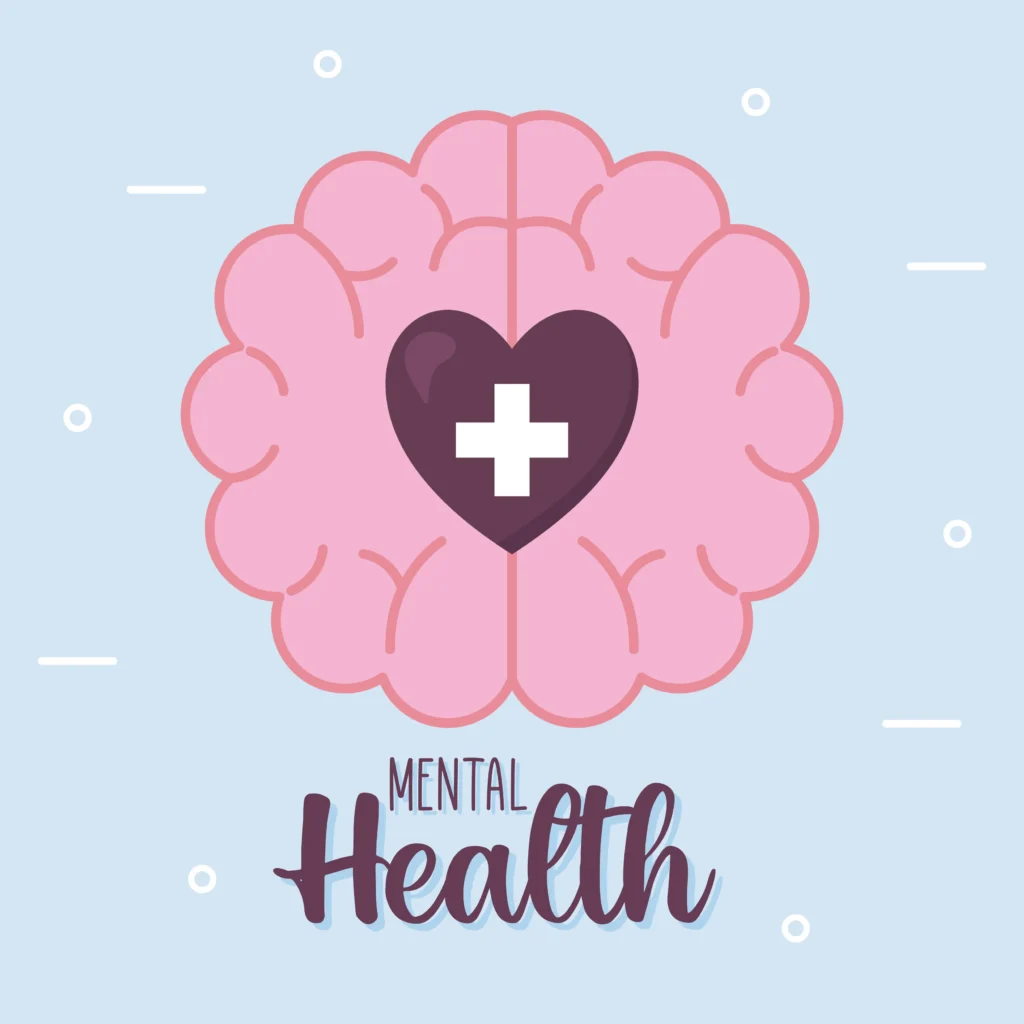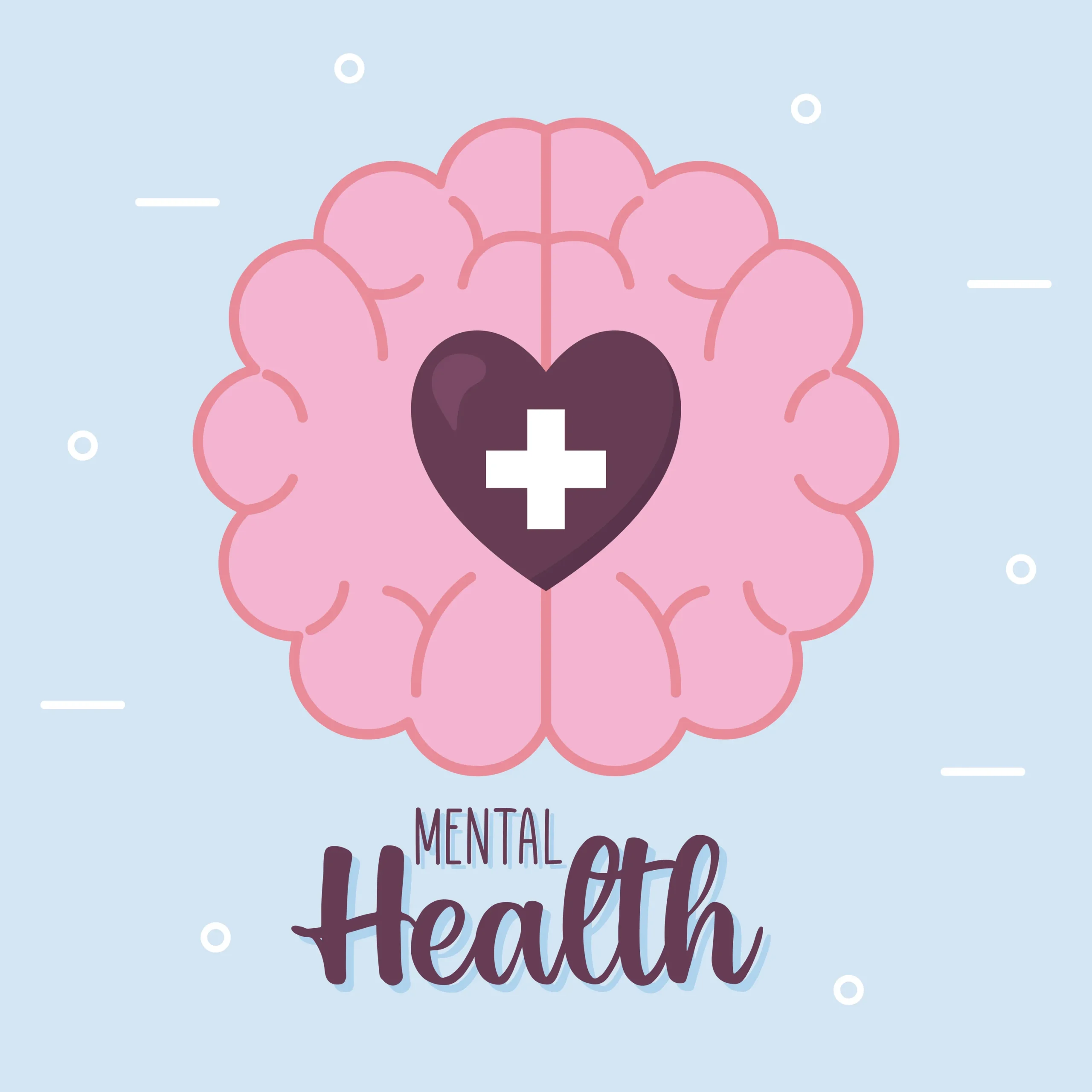The transition to university life can be both exhilarating and challenging for students. As they navigate academic pressures, social dynamics, and personal growth, mental health can significantly impact their overall experience. Recognizing the importance of mental well-being, universities are increasingly offering a variety of mental health resources to support students. This article delves into the mental health resources available at universities, their significance, and how students can effectively utilize them.

Why Mental Health Resources Matter
Understanding the importance of mental health resources in a university setting is crucial:
- Enhancing Student Success: Mental health issues, such as anxiety and depression, can hinder academic performance. By providing accessible resources, universities empower students to address these challenges, enhancing their chances for success.
- Creating a Supportive Environment: Universities strive to cultivate a culture of support. Accessible mental health services encourage students to prioritize their mental well-being, fostering a sense of community and connection.
- Encouraging Help-Seeking Behavior: When mental health resources are visible and available, students are more likely to seek help, reducing the stigma often associated with mental health struggles.
Types of Mental Health Resources Available
Universities typically offer a variety of mental health resources to cater to diverse student needs:
1. Counseling and Psychological Services
Most universities provide dedicated counseling services, including:
- Individual Counseling: Personalized sessions with trained professionals to address specific concerns, such as stress, relationship issues, or academic pressure.
- Group Counseling: Therapeutic groups that allow students to share their experiences and learn from one another in a supportive environment.
- Crisis Counseling: Immediate support for students facing urgent mental health issues, ensuring that help is available when it is most needed.
2. Workshops and Educational Programs
Educational initiatives play a critical role in promoting mental health awareness. Common offerings include:
- Stress Management Workshops: Sessions designed to equip students with techniques for managing stress and improving resilience.
- Mental Health Awareness Campaigns: University-wide initiatives that educate students about mental health issues, resources, and how to support peers.
- Skill-Building Workshops: Programs focused on developing skills like communication, time management, and self-care strategies.
3. Digital Mental Health Resources
In the digital age, online resources are invaluable. Many universities offer:
- Teletherapy Options: Remote counseling sessions for students who prefer virtual interactions.
- Mental Health Portals: Websites featuring articles, self-assessments, and tools to help students manage their mental health.
- Apps and Online Tools: Mobile applications that support mental health through guided exercises, mood tracking, and mindfulness practices.
4. Health and Wellness Services
Comprehensive health services are essential for addressing the link between physical and mental health. These may include:
- Integrated Health Care: Access to both physical and mental health services in one location, facilitating holistic care.
- Wellness Programs: Initiatives promoting overall health, such as fitness classes, nutrition counseling, and wellness challenges.
How to Access University Mental Health Resources
Accessing mental health resources is often straightforward. Here are some steps students can take:
1. Visit the Counseling Center
Students can find their university’s counseling center online or on campus. Most centers provide detailed information about services and how to schedule appointments.
2. Participate in Workshops
Students should keep an eye out for announcements regarding workshops and events. Many universities promote these through newsletters, social media, and campus boards.
3. Explore Online Platforms
Universities often have dedicated mental health websites with resources available 24/7. Students can take advantage of online tools, articles, and apps to enhance their mental well-being.
4. Consult Health Services
If students are experiencing physical symptoms related to mental health, visiting the university health center is a good first step. Health professionals can provide referrals and integrate care for both physical and mental health needs.
Conclusion
Mental health resources at universities are essential in supporting students through the complexities of university life. By providing counseling services, workshops, online tools, and health services, universities create an environment where students can thrive. It is vital for students to recognize the importance of these resources, utilize them effectively, and prioritize their mental health. Remember, seeking help is a sign of strength, and support is readily available for those who need it.
